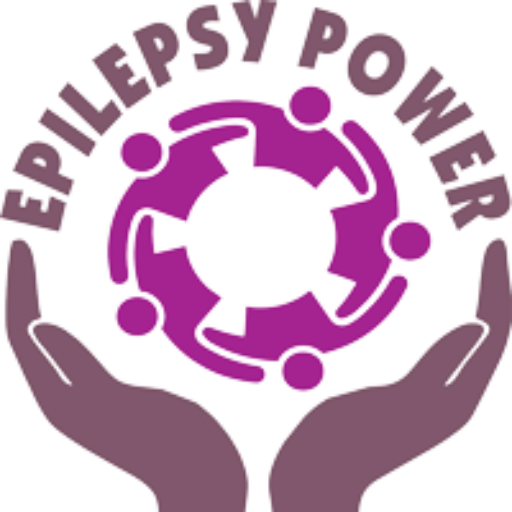- Introduction
- Section 1: Understanding Epilepsy and Its Impact on Employees
- Section 2: Creating an Inclusive Workplace Environment
- Section 3: Managing Stress and Anxiety for Employees with Epilepsy
- Section 4: Handling Frustration and Emotional Well-being
- Section 5: Supportive Workplace Policies and Legal Considerations
- Concluding Remarks
- Quiz
Total Participants: 4
N. of issued certificate: 3
Employees with epilepsy may experience frustration due to the limitations the condition can impose.
In this section, employers and HR managers will learn how to address frustration and promote emotional well-being…
Creating a workplace culture that fosters empathy and understanding towards employees with epilepsy is essential for promoting emotional well-being and overall job satisfaction. Here are some key strategies for achieving this:
- Education and awareness: Employers and HR managers should take proactive steps to educate the entire workforce about epilepsy – its effects, and the challenges faced by employees with the condition. This can be done through workshops, training sessions, or informational materials. Raising awareness helps dispel misconceptions and reduces stigma, fostering a more supportive environment.
- Open communication: Encourage open and honest communication between employees with epilepsy and their supervisors or HR representatives. This open channel allows employees to express their concerns, needs, and any challenges they may be facing due to their condition. When employees feel heard and supported, it can significantly reduce frustration and anxiety.
- Reasonable accommodations: Employers should be willing to provide reasonable accommodations to employees with epilepsy to ensure they can perform their job effectively. This might include flexible work hours to accommodate medical appointments or allowing for periodic breaks if needed. Being flexible and accommodating demonstrates empathy and understanding towards the challenges faced by the employee.
- Recognising contributions: It is essential to acknowledge and appreciate the contributions of employees with epilepsy. Recognise their efforts and achievements, and the additional hurdles they have overcome due to their condition. Positive reinforcement boosts morale and shows that their efforts are valued, which can help alleviate frustration and promote a sense of belonging.
Providing Resources for Coping
Employers can take a proactive approach to support the emotional well-being of employees with epilepsy by offering resources that help them cope with frustration and stress. Here are some valuable resources that can be made available:
- Mindfulness programs: Mindfulness practices, such as meditation and deep breathing exercises, can be effective in reducing stress and promoting emotional well-being. Employers can arrange for mindfulness workshops or provide access to mindfulness apps to help employees with epilepsy manage frustration and anxiety.
- Relaxation techniques: Various relaxation techniques, such as progressive muscle relaxation or guided imagery, can be beneficial in managing frustration and promoting a sense of calmness. Providing resources that teach these techniques can empower employees to cope with stress better.
- Support services: Confidential counselling and support for various personal and work-related challenges, including emotional well-being, can be useful. Knowing that they have a safe space to talk about their frustrations and concerns can be immensely comforting for employees with epilepsy.
- Mental health resources: Employers should ensure that mental health resources, such as counselling or therapy services, are covered under the company’s health insurance plans. Removing financial barriers to mental health support encourages employees to seek help when needed.
- Supportive work environment: Creating a supportive work environment where employees feel comfortable discussing their mental health concerns can make a significant difference. HR managers can organize employee support groups or facilitate peer support networks where employees with similar experiences can connect and share coping strategies.
In conclusion, addressing frustration and promoting emotional well-being among employees with epilepsy requires a combination of empathy, understanding, and proactive support. By fostering a culture of compassion, providing resources for coping, and creating a supportive work environment, employers and HR managers can make a positive impact on the overall well-being and job satisfaction of their employees with epilepsy.
